What we want from The Elder Scrolls 6
Tamriel as we've never seen it before?
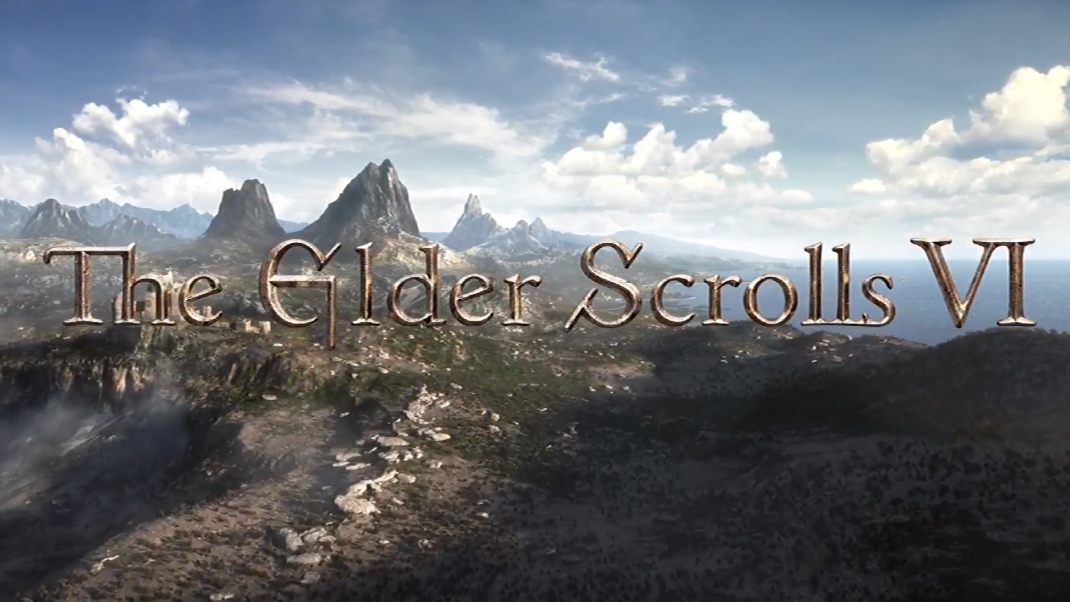
The Elder Scrolls 6 is happening! We don't know when, and it might be quite a long time before we even see a proper trailer. The first and last time we saw TES6 was at E3 2018, when Bethesda showed a teaser. It was just some mountains, though, and Bethesda said that the Skyrim follow-up won't release until after Starfield, a game which also doesn't have an announced release date. So, not for quite a while.
There are a few details out there which have allowed us to speculate about the setting of TES6, and the teaser is pretty, but for now most of our thinking about the upcoming RPG has to take place in imagination land.
Will TES6 have a bigger world than Skyrim? Probably. Will it have swords and sorcery in it? Almost certainly. We'd like more than that, though, as ever. Here's what we want from The Elder Scrolls 6.
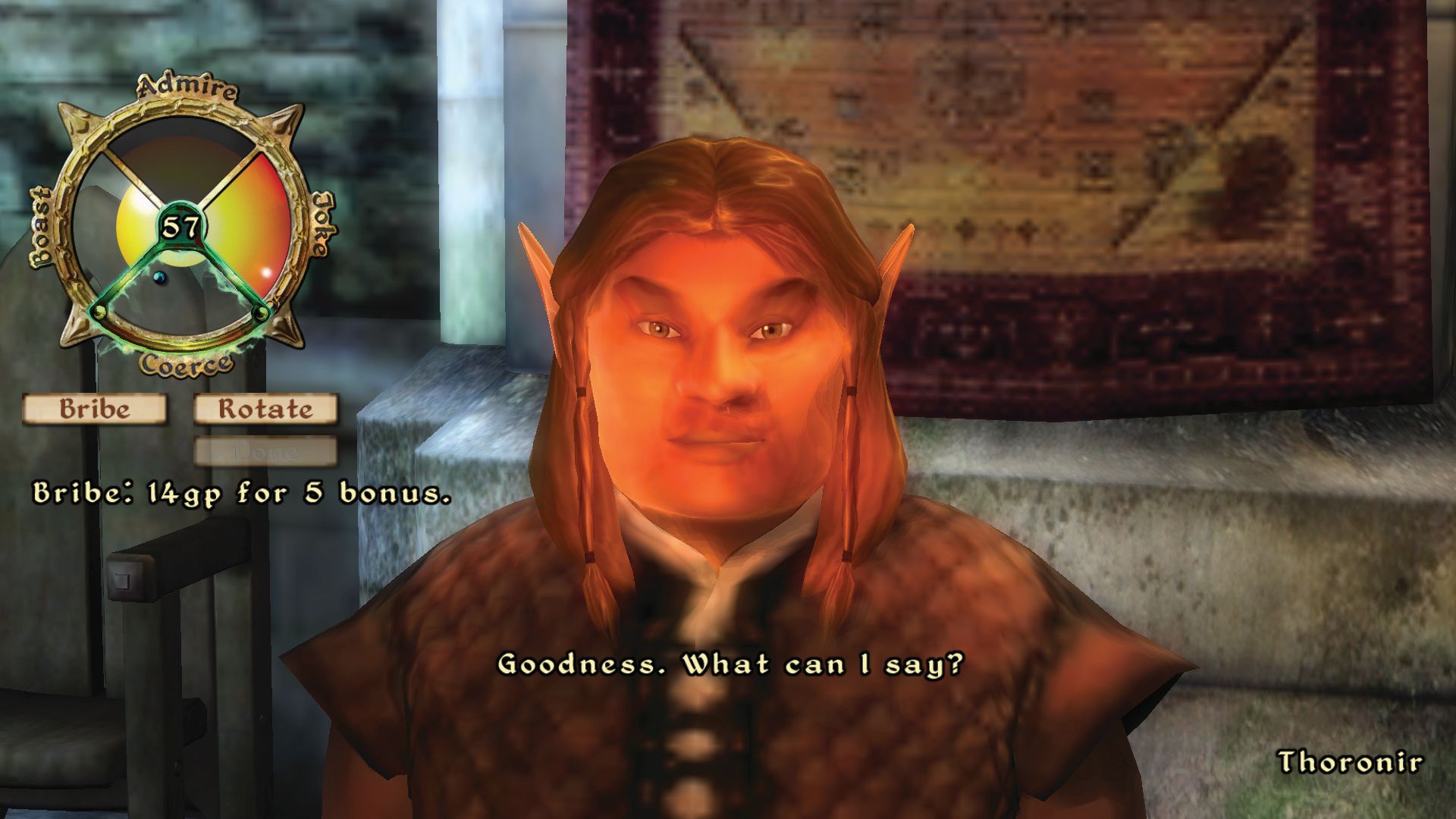
Better faces and conversations
A few years ago, Chris went on a search for the ugliest Oblivion NPCs, a concept that should make sense to anyone who's played a Bethesda game. The studio makes remarkable open worlds, but the NPCs who inhabit them tend to look like they've come from a different era, with stiff posture, stilted animations, and unemotive faces. That's fine for cool robo-companion Nick Valentine in Fallout 4. For humans in The Elder Scrolls 6 we'd like to see improvements.
Character faces and performances have generally improved a lot in the last five years and when a game falls behind, like Mass Effect Andromeda did, it's painfully obvious. Likewise, conversations could be much more engaging than they have been in previous Fallout and Elder Scrolls games. Fallout 4 introduced a BioWare-style cam that improved interactions, so that’s a sign the Bethesda RPGs are moving in the right direction.
All that said, perhaps the faces of TES6 should still be a little janky, just so it still feels like a Bethesda game. (That seems to come pretty naturally to the developer, so we're not too worried it'll be over-polished.)
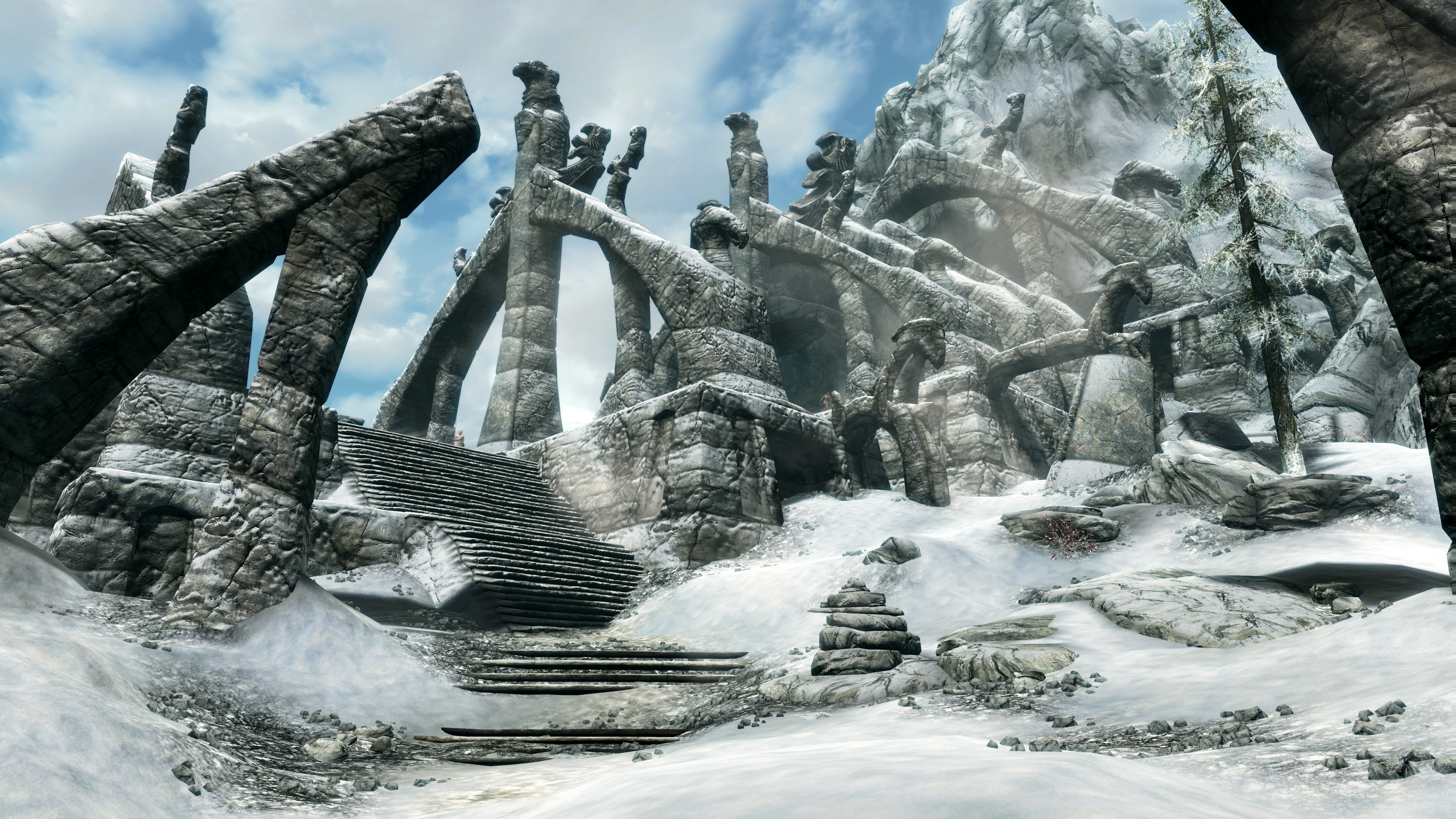
More varied, hand-crafted dungeons
Some of Skyrim’s dungeons were great. If you happened to wander into a cave of plot significance you were more likely to see more unusual puzzles and some interesting architecture. The transition from Dwemer city to glowing mushroom underworld in Blackreach is sublime.
The biggest gaming news, reviews and hardware deals
Keep up to date with the most important stories and the best deals, as picked by the PC Gamer team.
The Falmer dungeons became samey fast, though: a trap or two, a couple of caves full of enemies, and a few chests, now move on. More consistently interesting dungeons would be sweet, and it seems like Bethesda could introduce a lot here—has dungeon innovation really kept up pace? On one level, there's the potential for gorgeousness, of course, with all the lighting tech and photogrammetry that's becoming popular lately (consider the Unreal Engine 5 demo, embedded below, for instance). Anything that that adds stronger sense of danger and wonder to dungeon dives could be exciting, though.
Bigger towns
Skyrim's towns each had a separate sense of identity. Riften was grubby and a little sordid, Markath looked like a sweet piece of concept art made real. However compared to The Witcher 3's Novigrad, or even the Imperial City in Oblivion, the cities felt like limited settlements—a shop or two, a few residential buildings and a central hall. It would be fascinating to see what Bethesda can do with a proper town with distinct districts and a sense of daily working life.
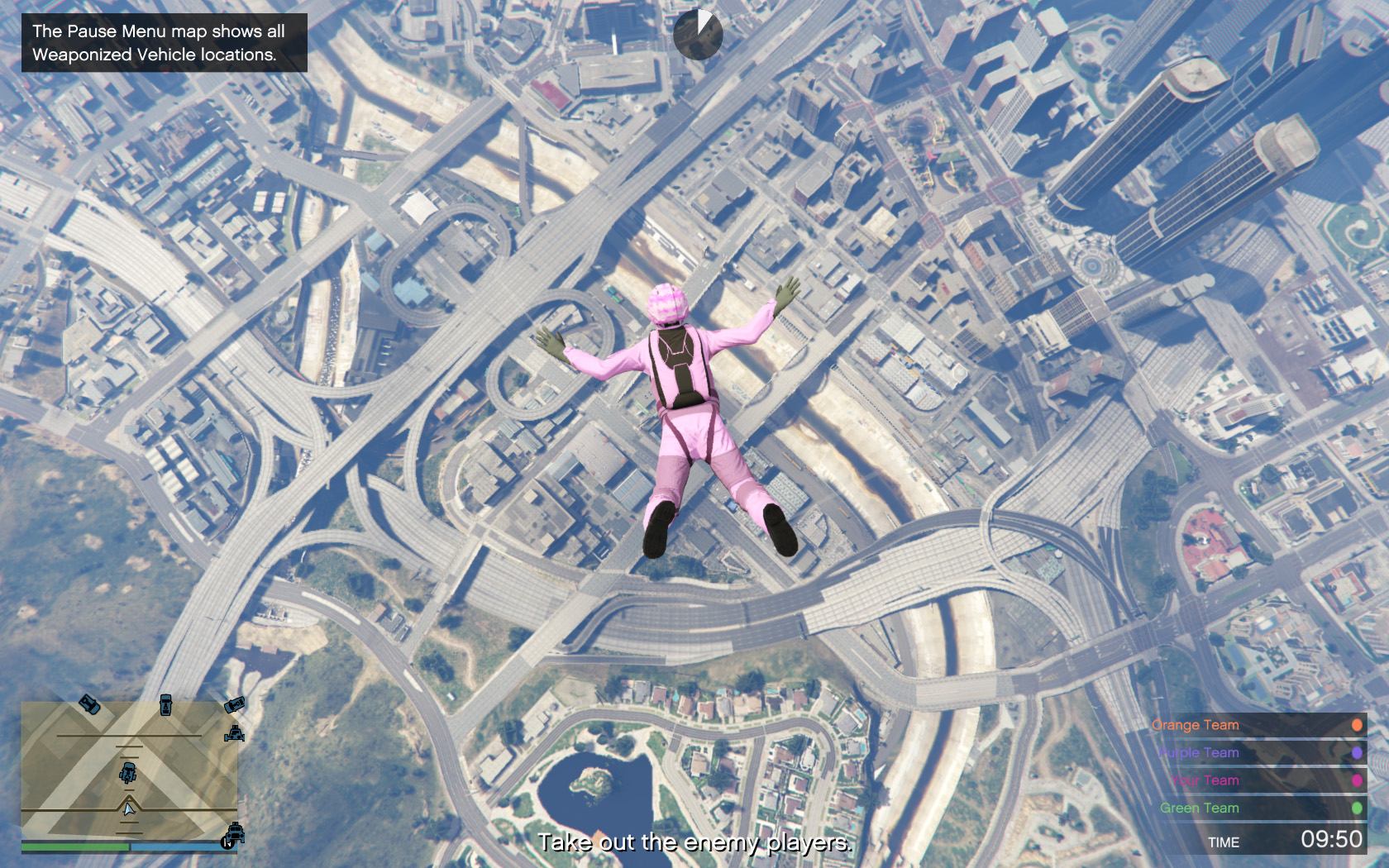
Oblivion-style spellcrafting
Oblivion and Skyrim both had spellcasting, but Oblivion let players become real magic users through spell-crafting, a feature that didn't make it into Skyrim. By using an altar and combining various spell effects they'd learned, players could design their own custom spells, including range, duration, and effects. With crafting becoming such a big part of so many games, including Bethesda's RPGs, it'd be cool to see a return of spell-crafting. It would be optional, of course, since there will be plenty of pre-existing spells to learn, but for those who really want to dabble in magic there's nothing better than a little DIY.
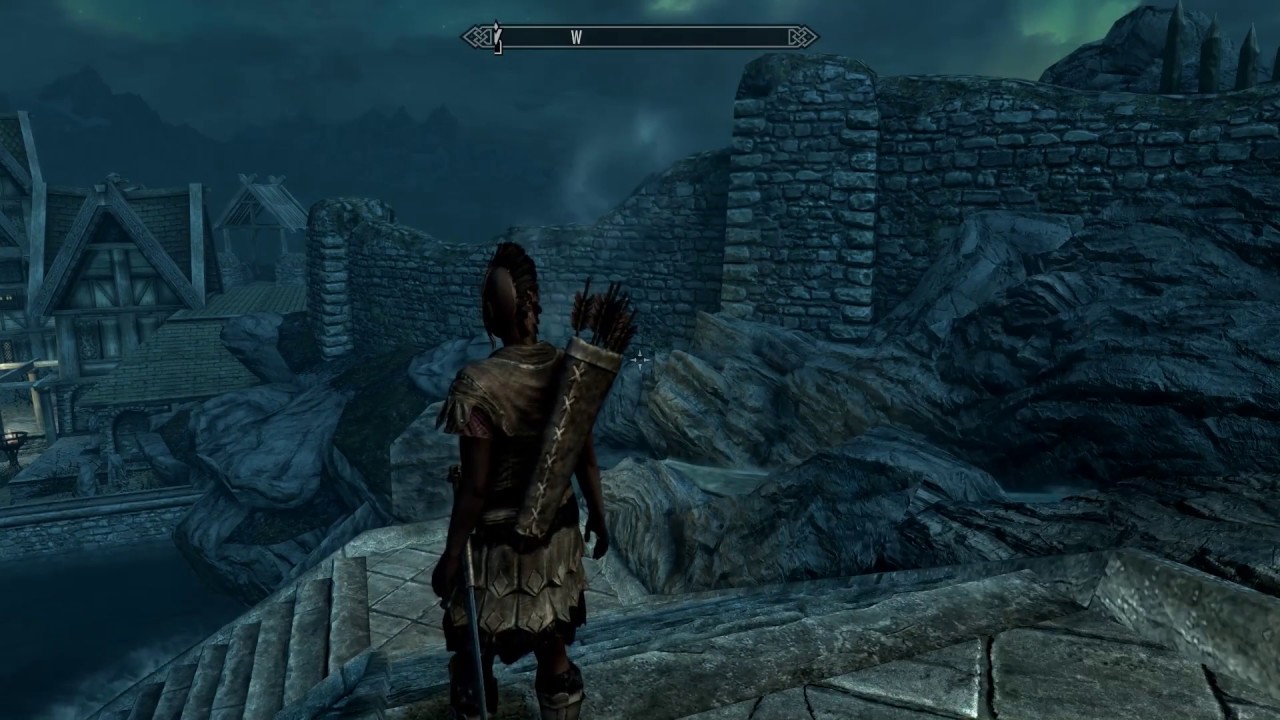
A good third-person view
It's nice to hop out of your skull and see your character's cool armor or wizard robes, but actually moving and fighting in third-person feels off compared to first-person in Elder Scrolls games. Part of it is down to your janky animations as you hop and slide around the terrain, part of it is that attacks that look cool in first-person look a bit silly when viewed from behind your character. Having said that, a janky third-person view is better than none at all—how else are we to take celebratory selfies once we’ve climbed to the highest part of the world?
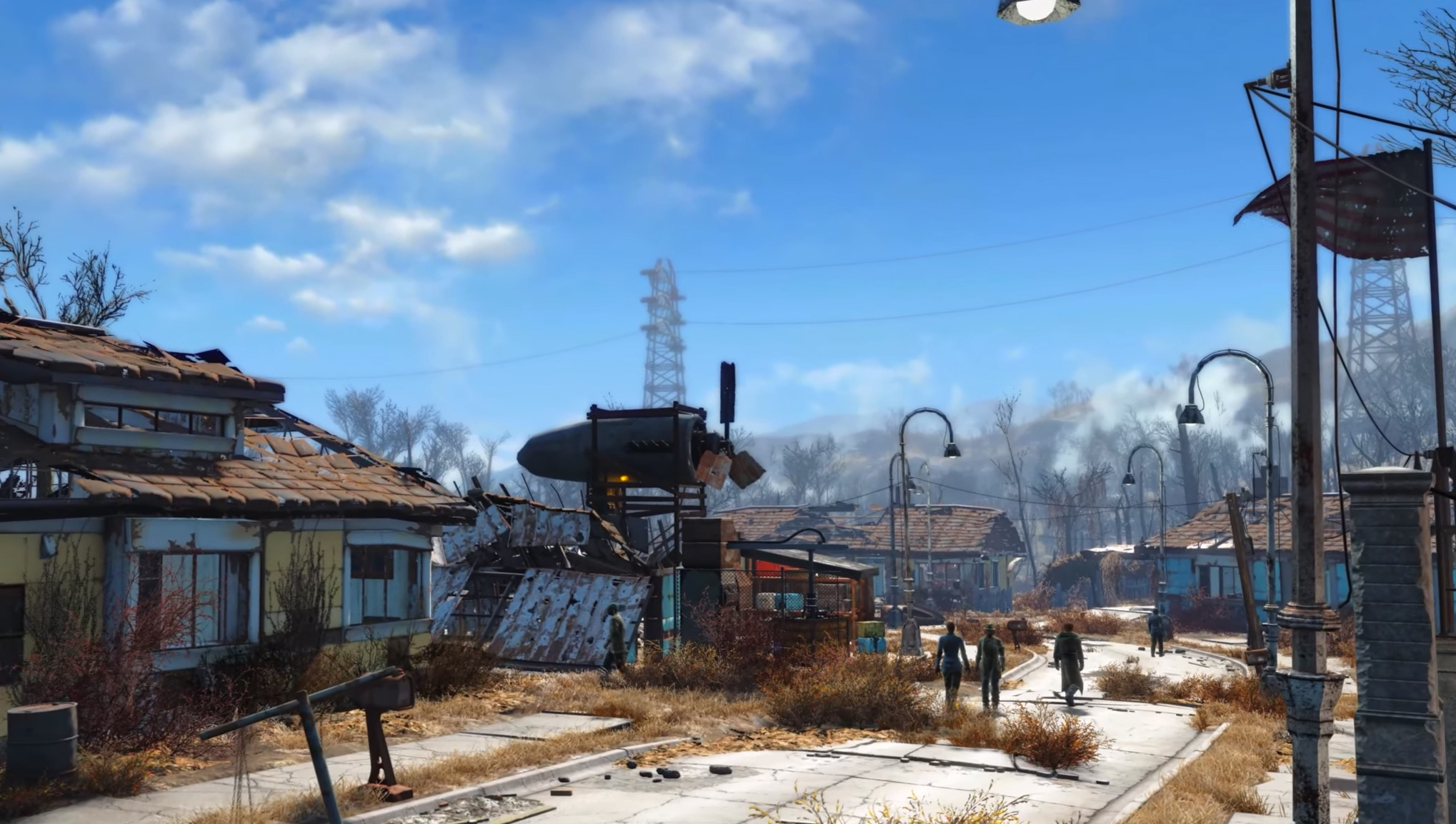
Settlements
Fallout 4's settlement system had its ups and downs, the up being it was an enjoyable activity to partake in between quests, and the down being that the interface was clunky and the buildings generally looked like shit. Freed from a post-apocalyptic setting where building materials could be made from healthy trees instead of bombed out buildings, founding your own town in the Elder Scrolls universe could be an immensely enjoyable thing to do.
You'll be meeting NPCs from all over the land, so why not invite some to live and work in your town? You could raise livestock and grow crops, build your own house, staff your own city watch, attract vendors, build a pub, stables, maybe even form your own guild, and become mayor of a growing community. We always want to establish a home (or several) in Elder Scrolls games, so establishing an entire town feels like a logical extension.
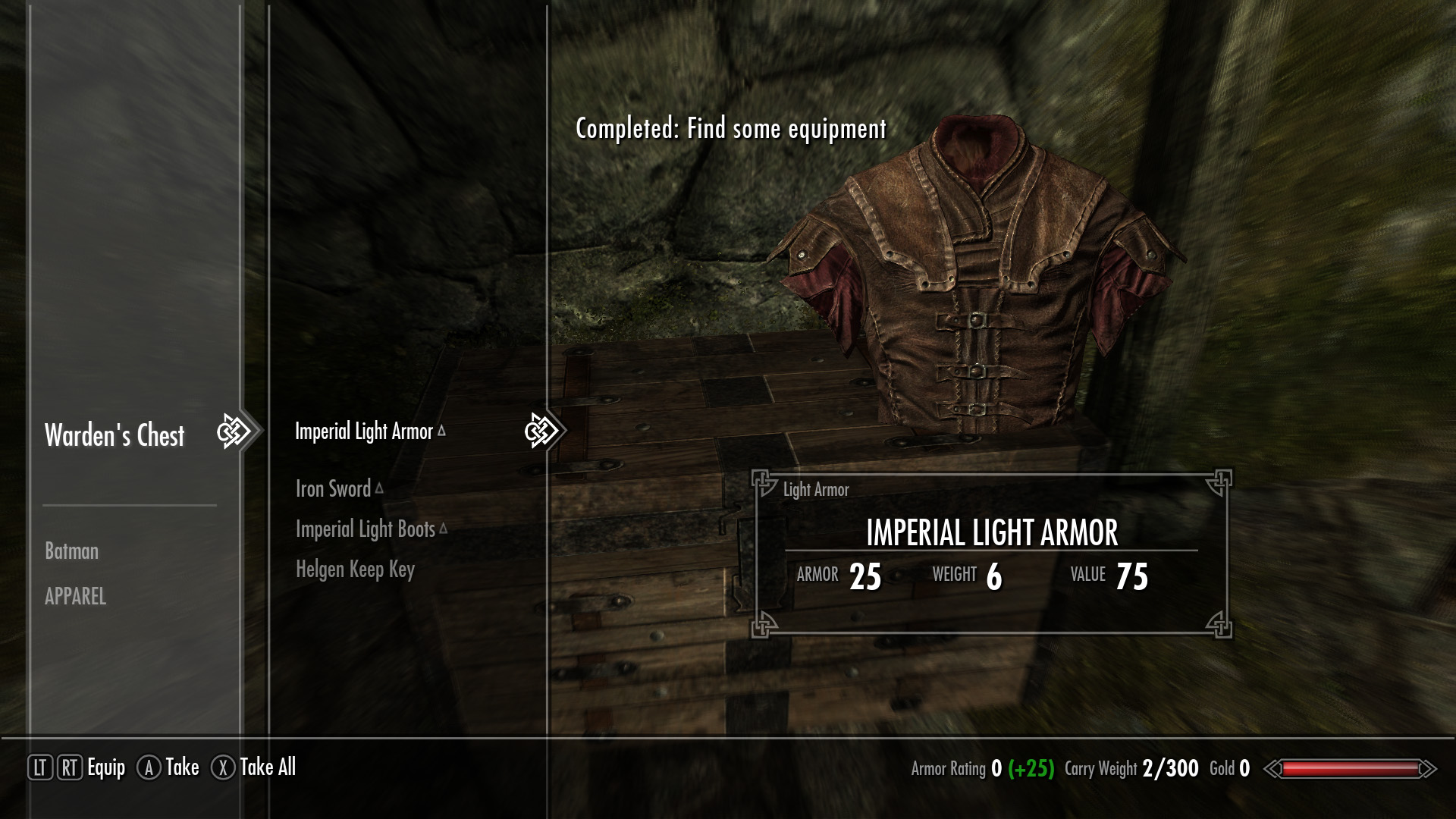
UI designed for PC, please
Both Oblivion and Skyrim's UI were serviceable but ultimately felt like they'd been designed for someone playing on console, not on PC. The UI was overlarge and clearly made for navigation by cycling through options rather than just clicking with a mouse. Modders, bless them, offered much better and more sensible UI for PC, with the Darnified mod for Oblivion and SkyUI for Skyrim. We're sure modders will once again retool whatever UI Bethesda creates, but it would be nice this time around if we got a better PC UI from the start.
Mod support
This one almost goes without saying, but it's worth mentioning that the mod scenes for The Elder Scrolls and Fallout games are astonishing. The mod scene is the reason we got a proper PC UI for Skyrim in the first place. We've seen modders transpose old Elder Scrolls games into more current engines. We've seen dramatic visual overhauls, new monsters, quests, and much more. Hopefully nothing changes in that respect.
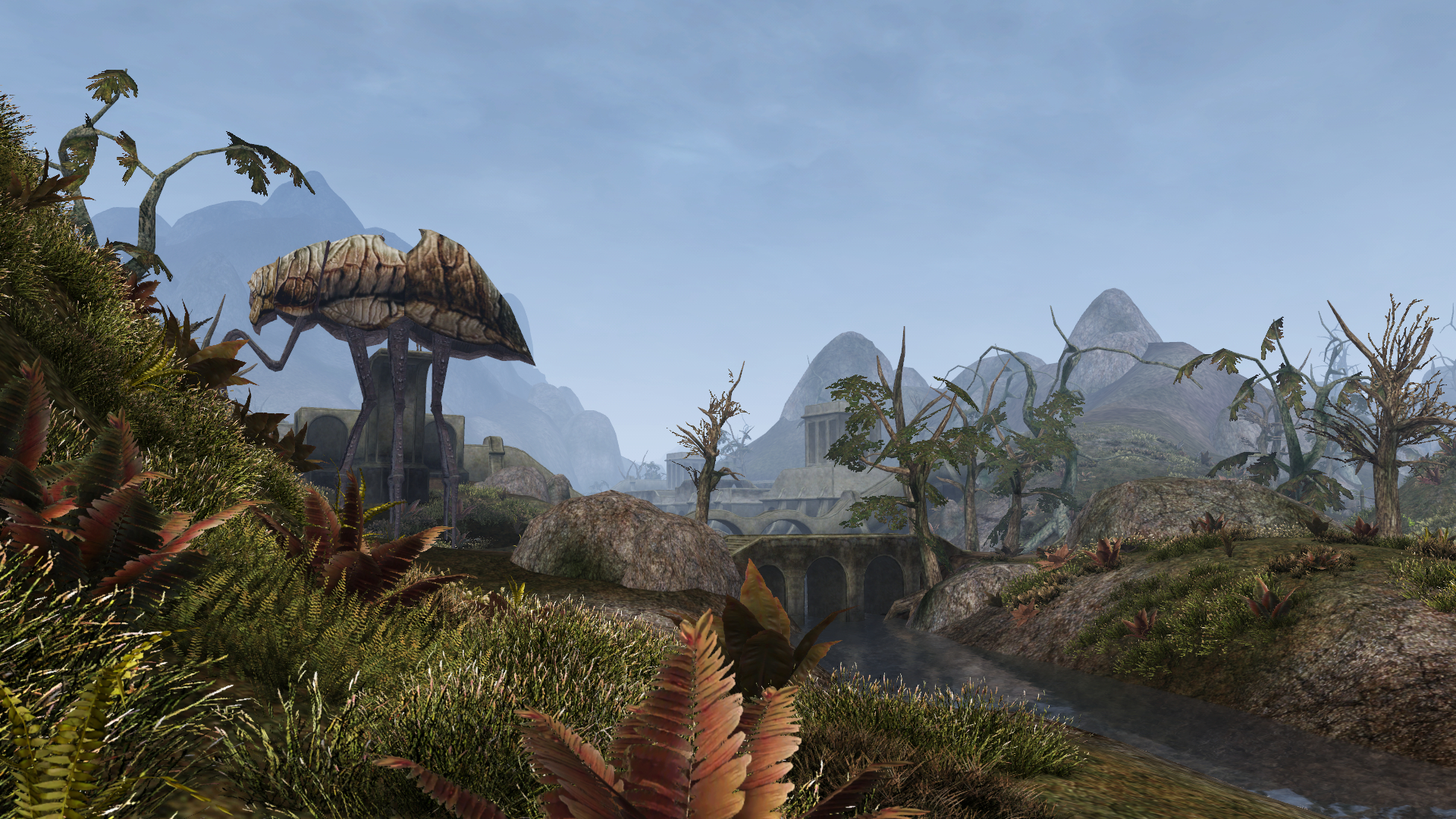
Something weird
Bethesda games are always sort of weird, intentionally or unintentionally, but some are weirder than others. And there's a risk that what'll presumably be the biggest and most elaborate Elder Scrolls ever will lose in quirkiness what it gains in scope. Plus, it is technically a Microsoft game now—not that we think Phil Spencer is going to make them put ties on all the Bretons or anything. (Microsoft's games have been pretty weird too, after all.) It'd just be fun if TES6 went against expectations, getting weirder than Skyrim, and weirder than Oblivion, maybe weirder than Morrowind, even.
The teaser's bird's eye view of mountains is exactly what you expect to see from a teaser for a new Elder Scrolls game. Here's hoping that when we zoom in, what we find isn't so predictable.

Chris started playing PC games in the 1980s, started writing about them in the early 2000s, and (finally) started getting paid to write about them in the late 2000s. Following a few years as a regular freelancer, PC Gamer hired him in 2014, probably so he'd stop emailing them asking for more work. Chris has a love-hate relationship with survival games and an unhealthy fascination with the inner lives of NPCs. He's also a fan of offbeat simulation games, mods, and ignoring storylines in RPGs so he can make up his own.

